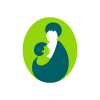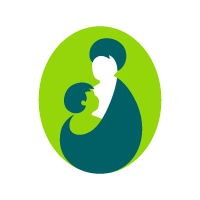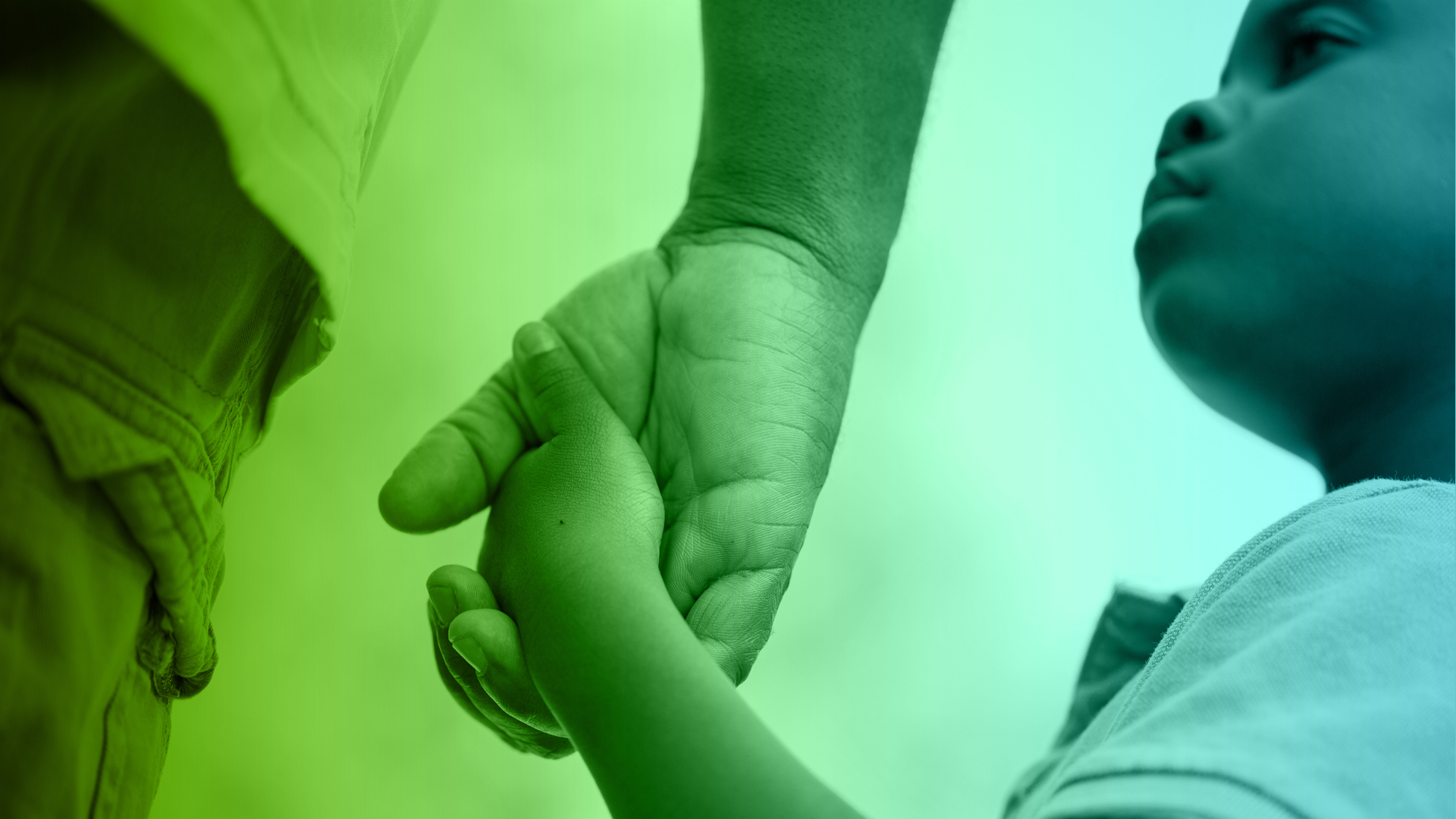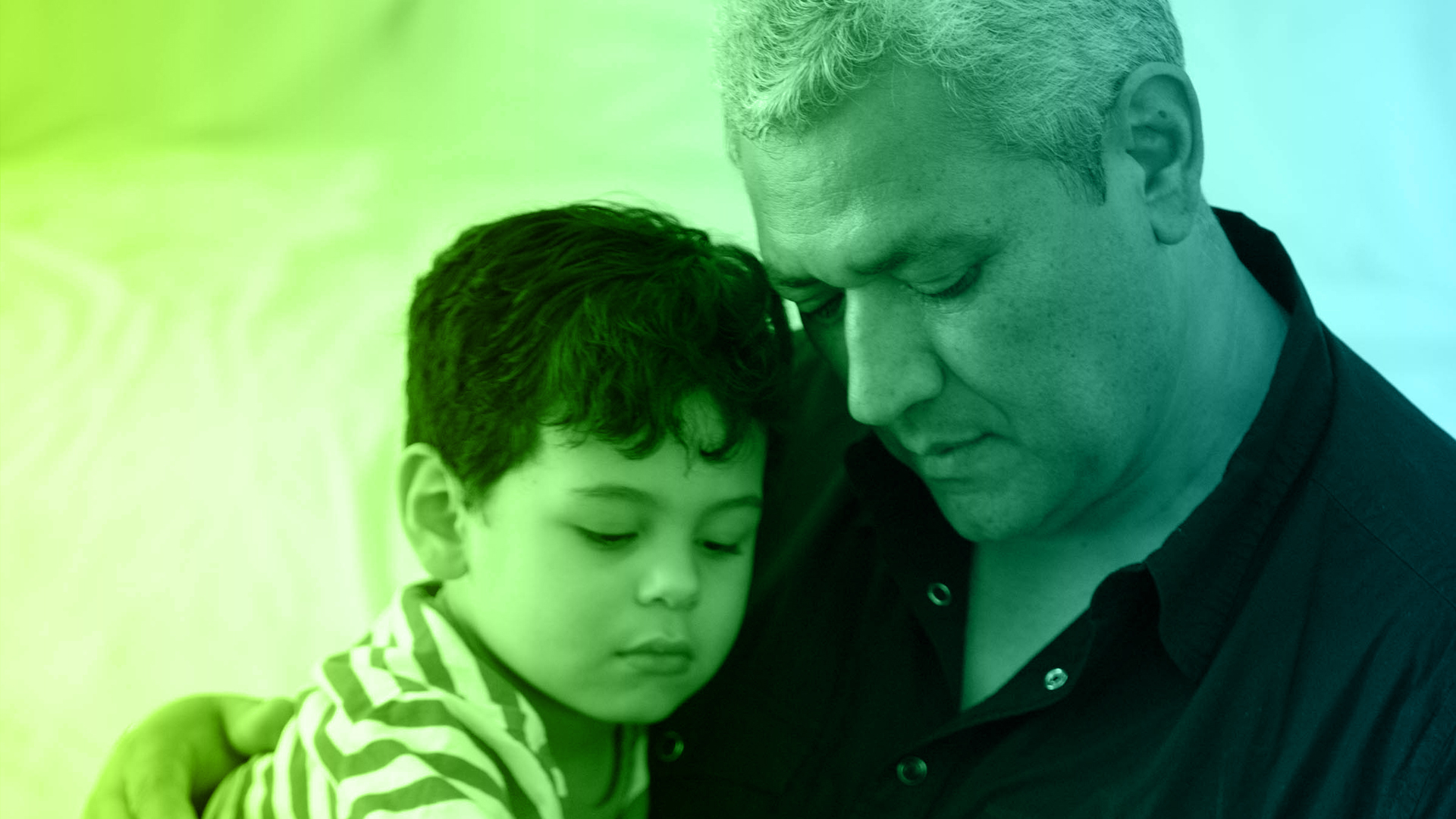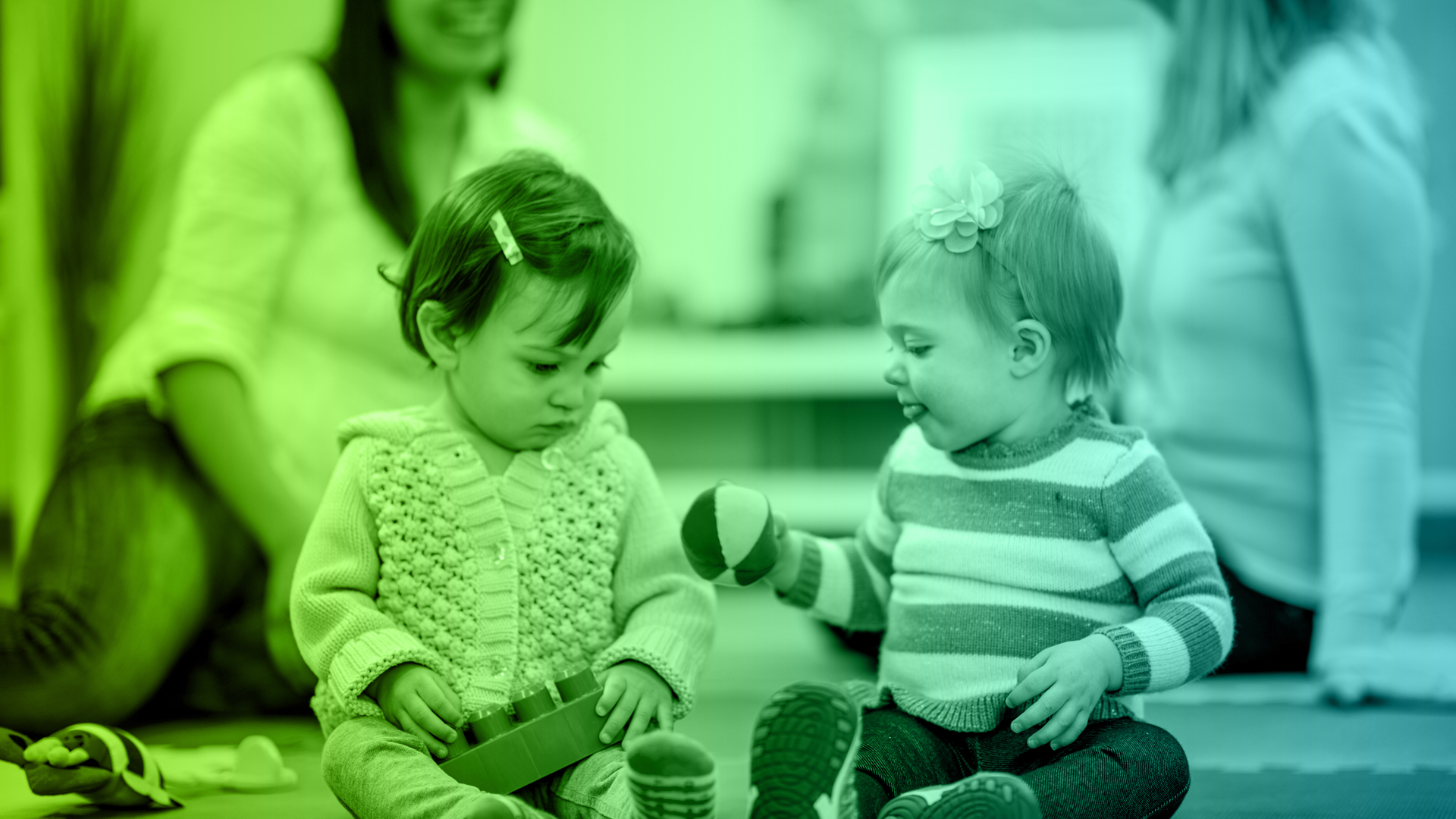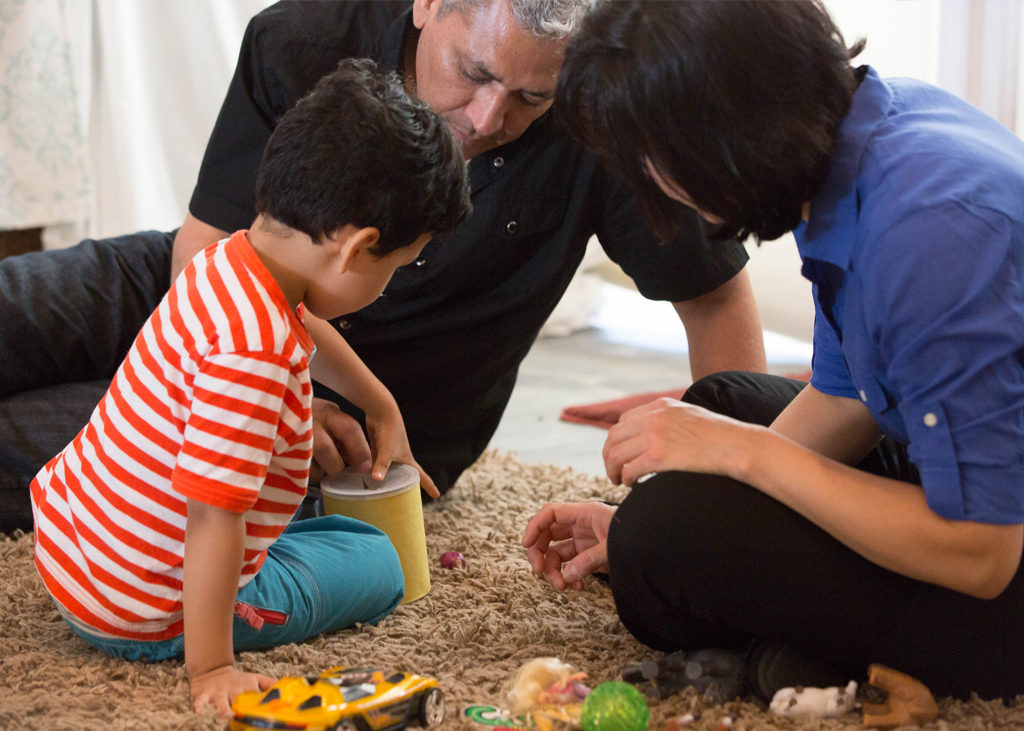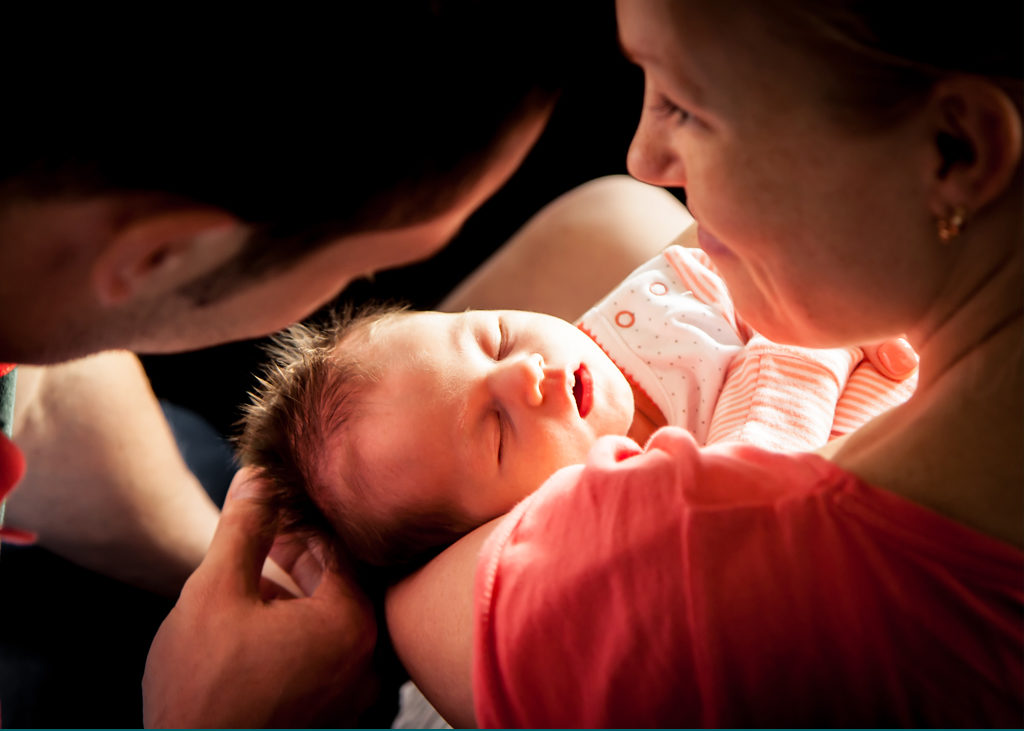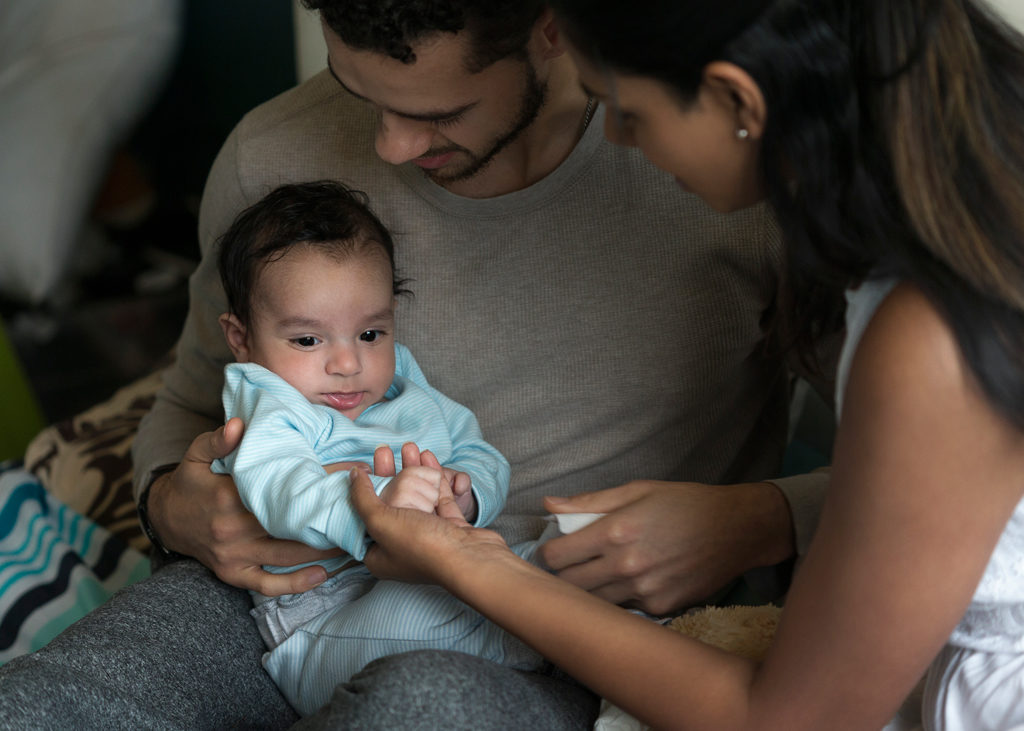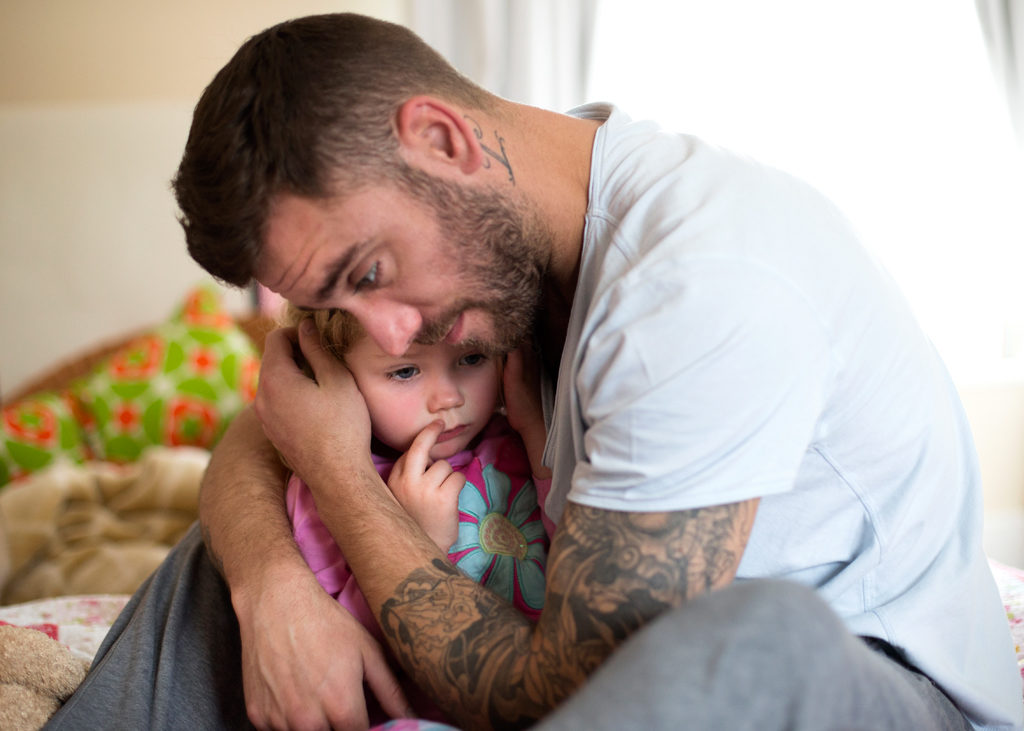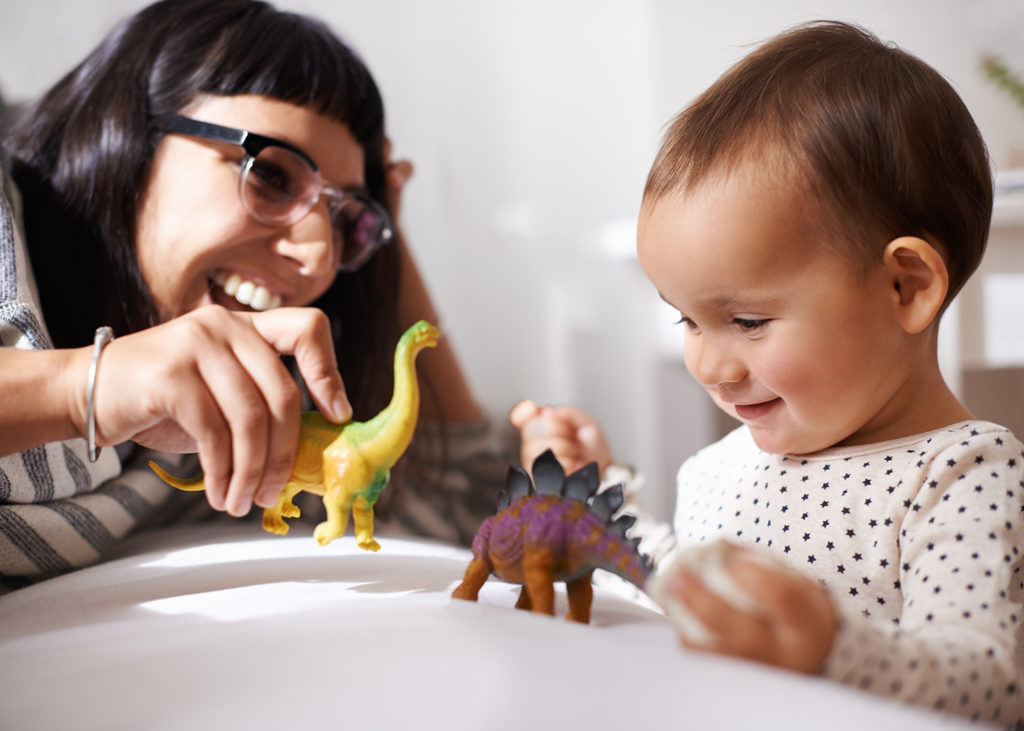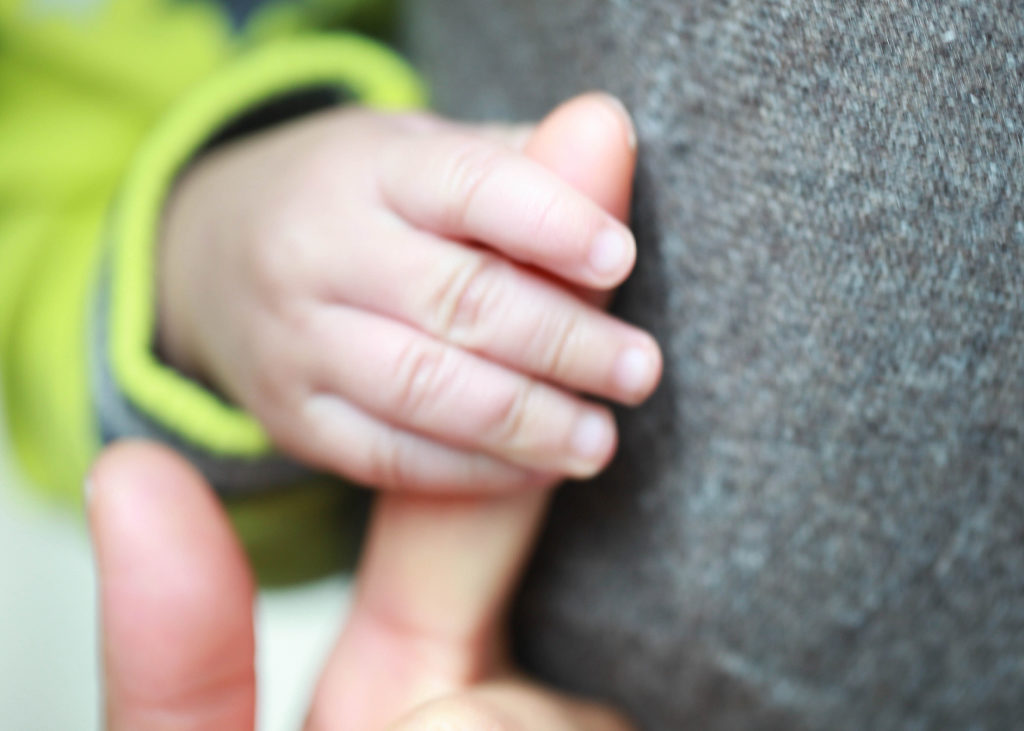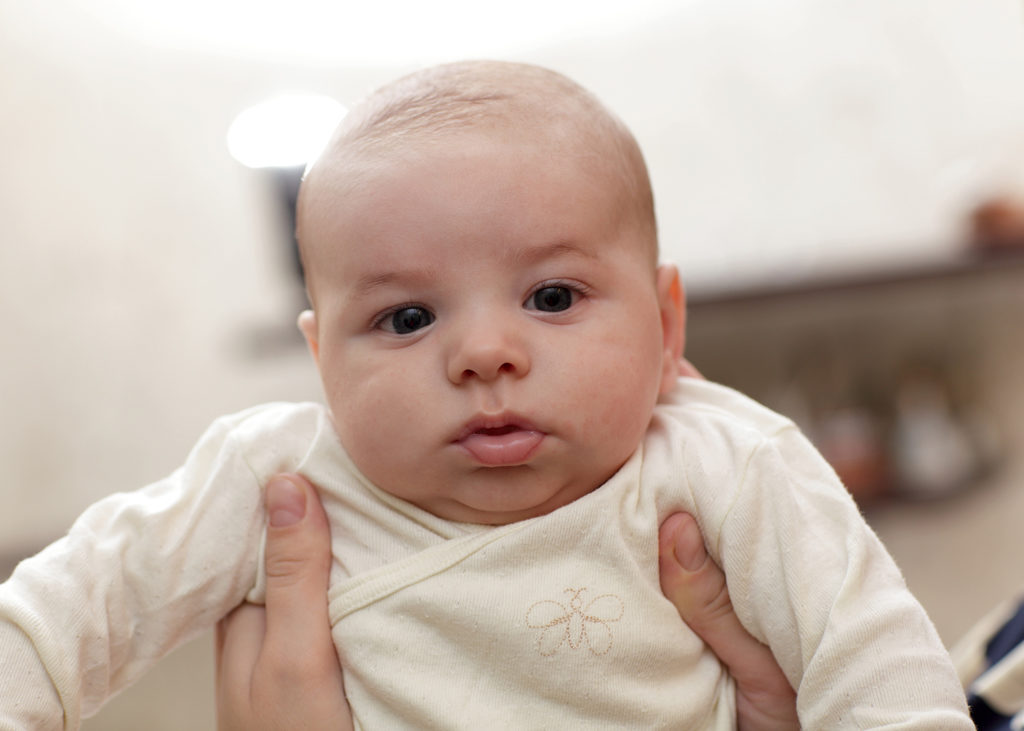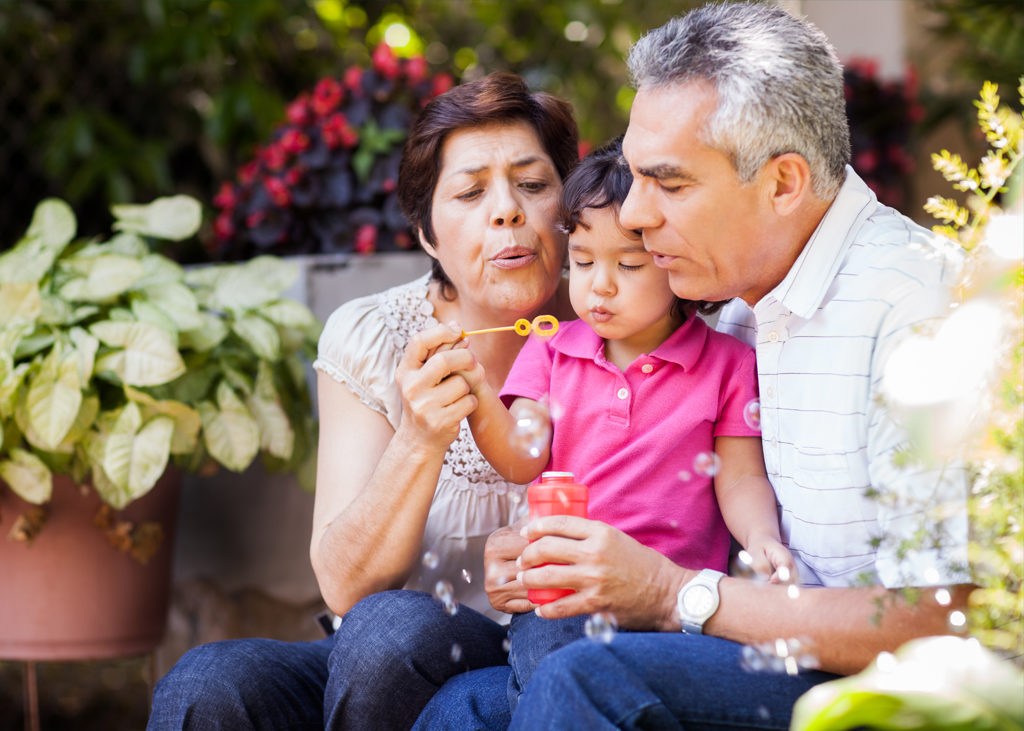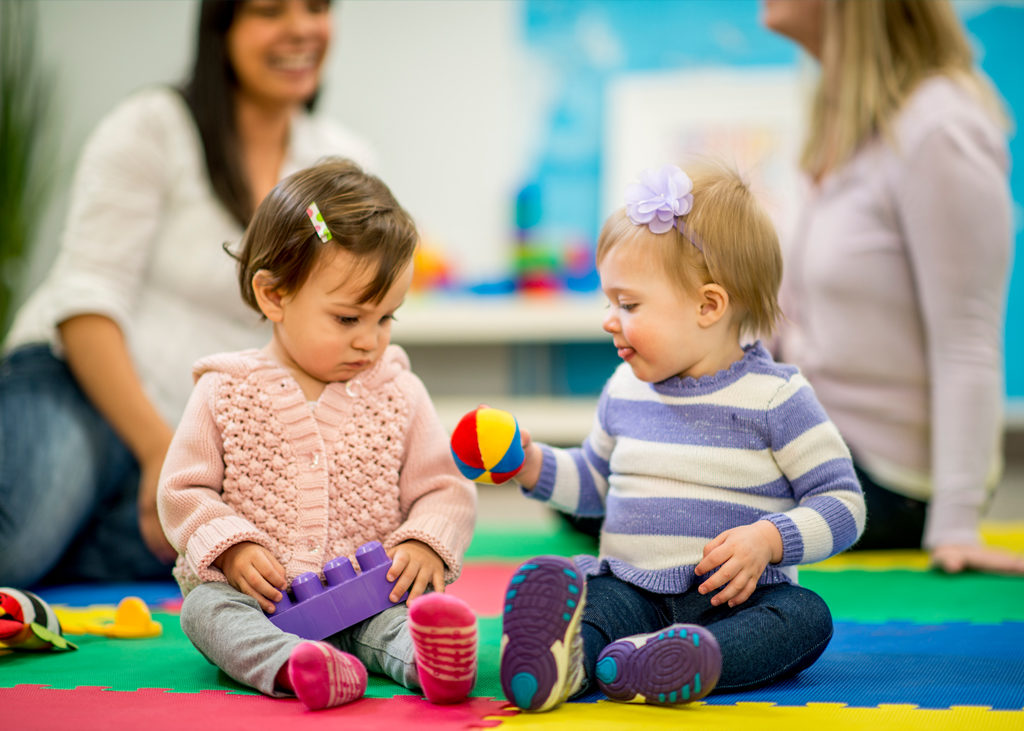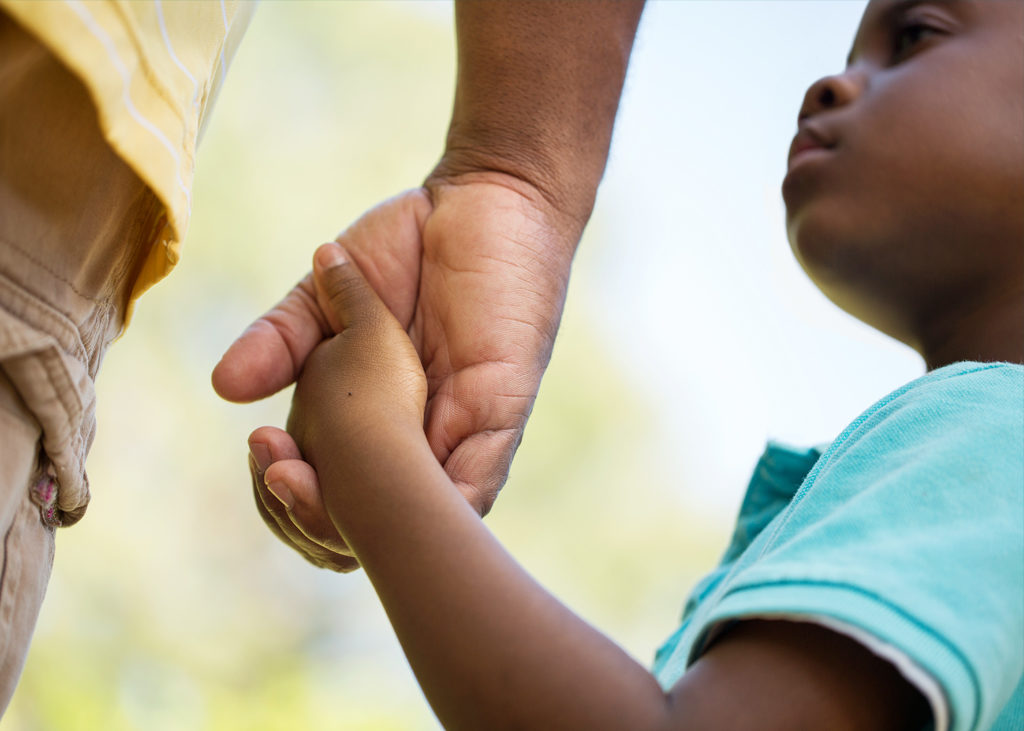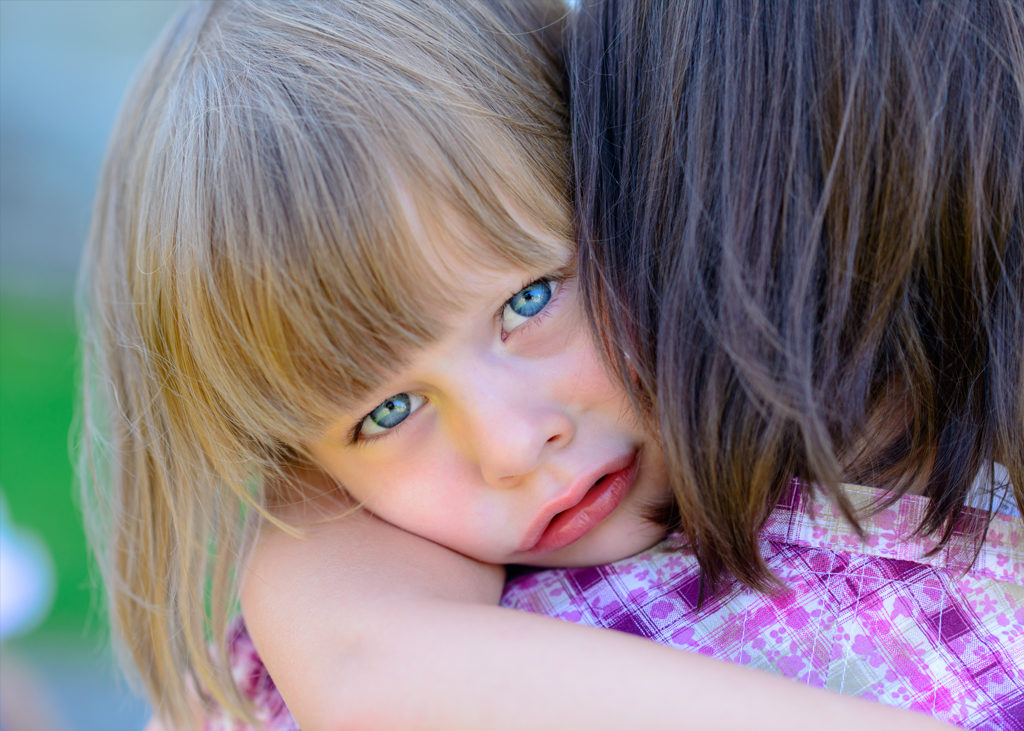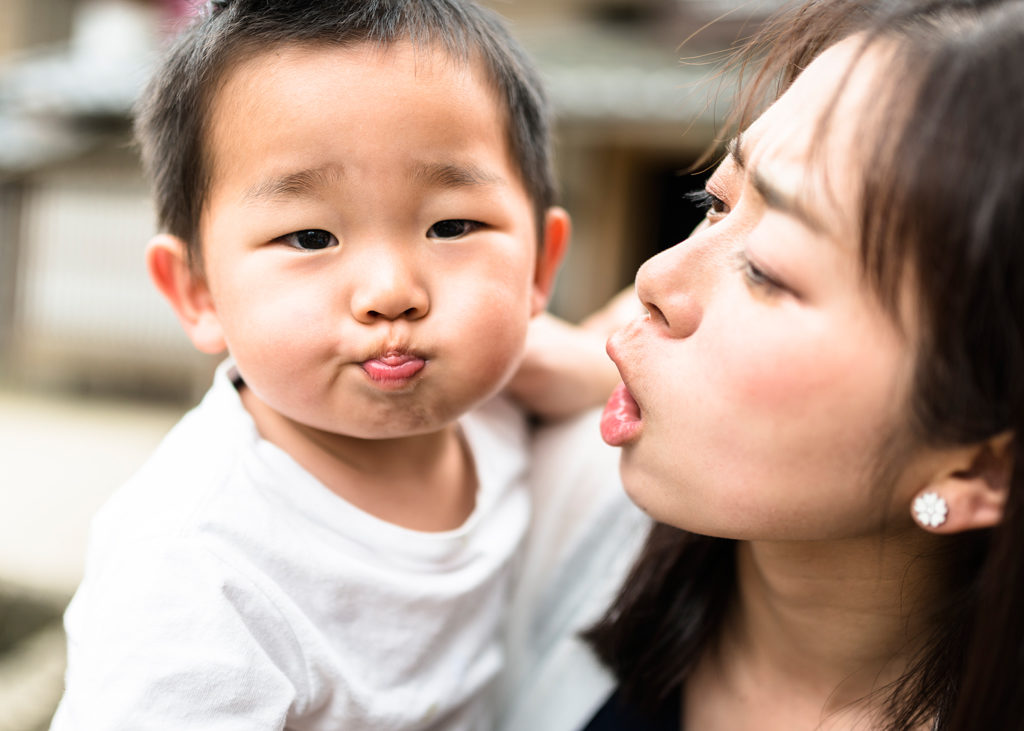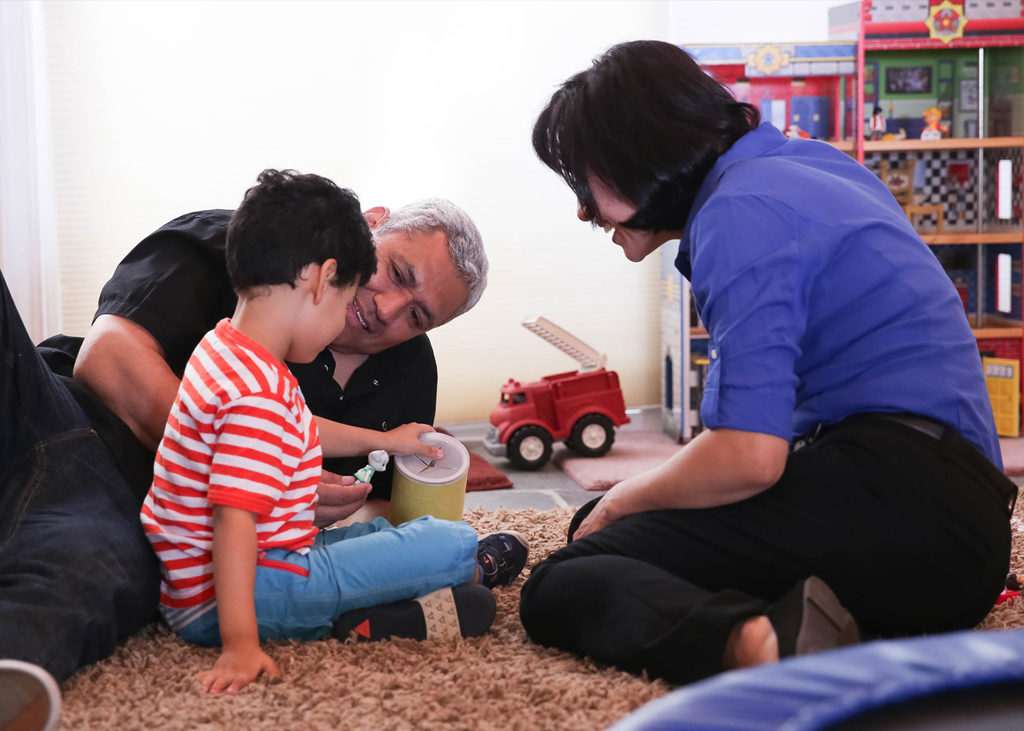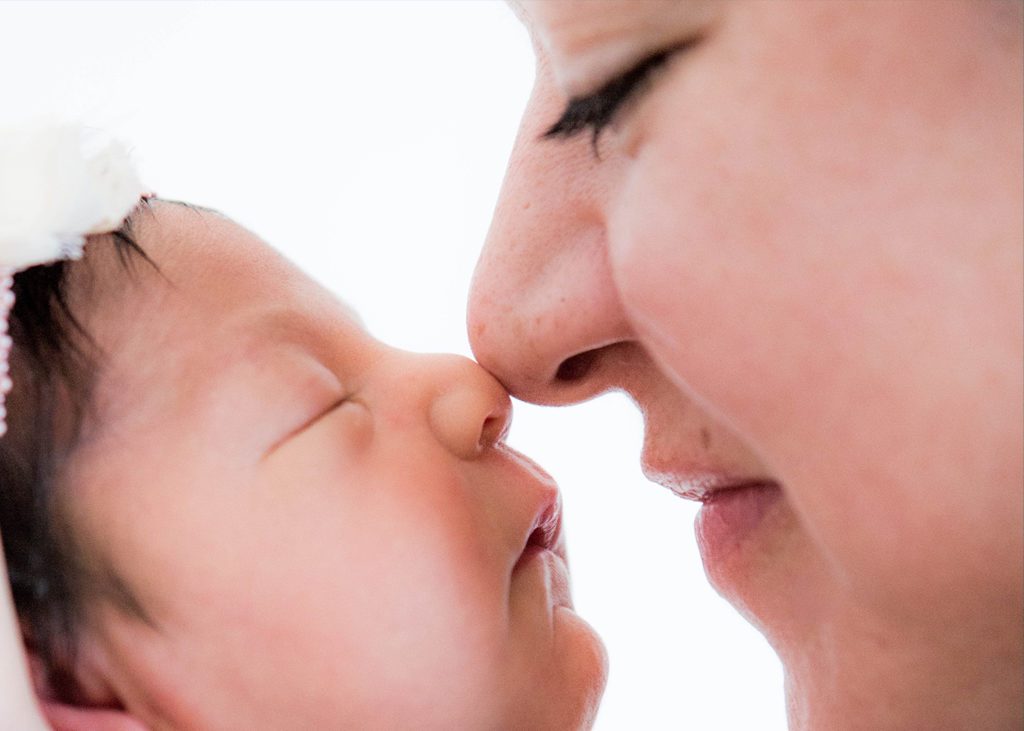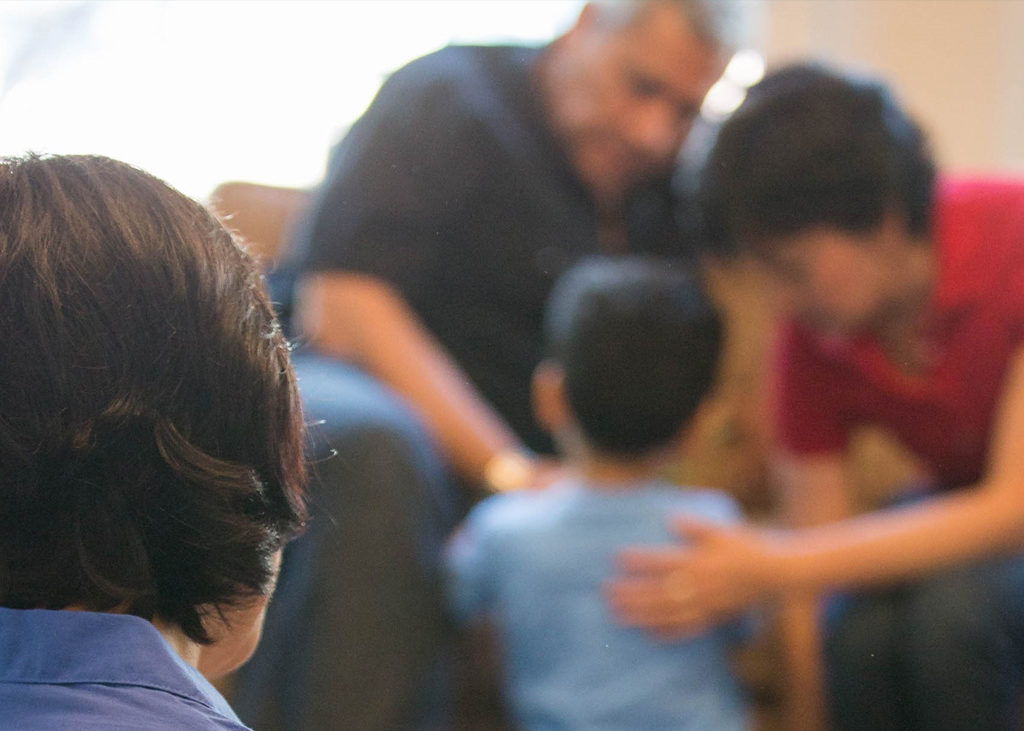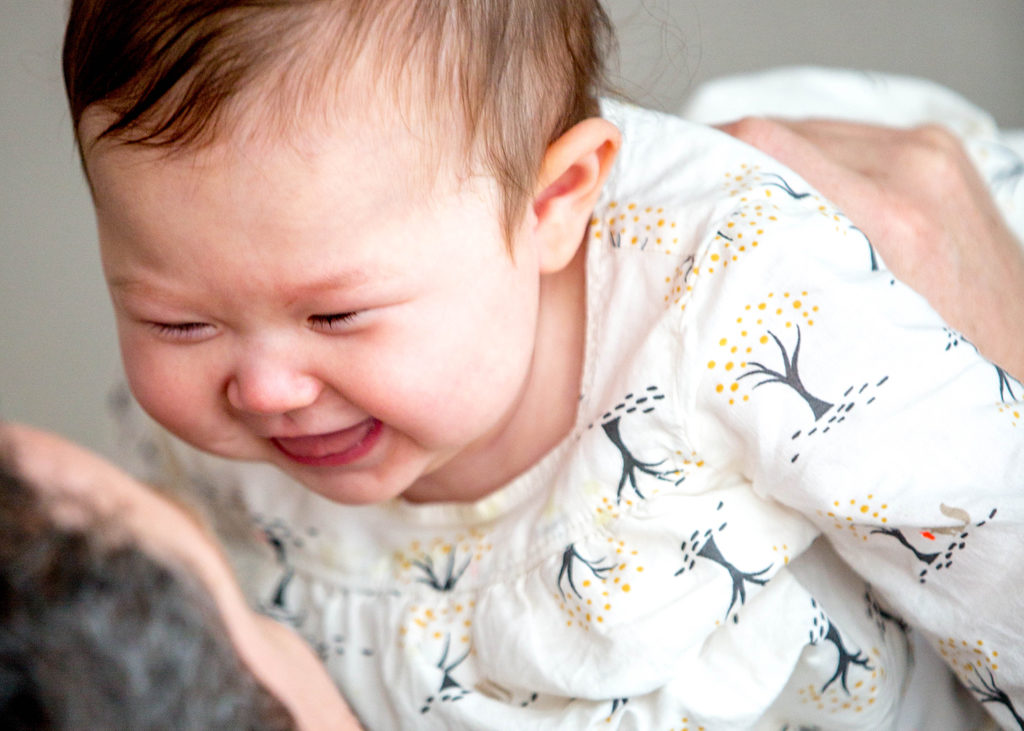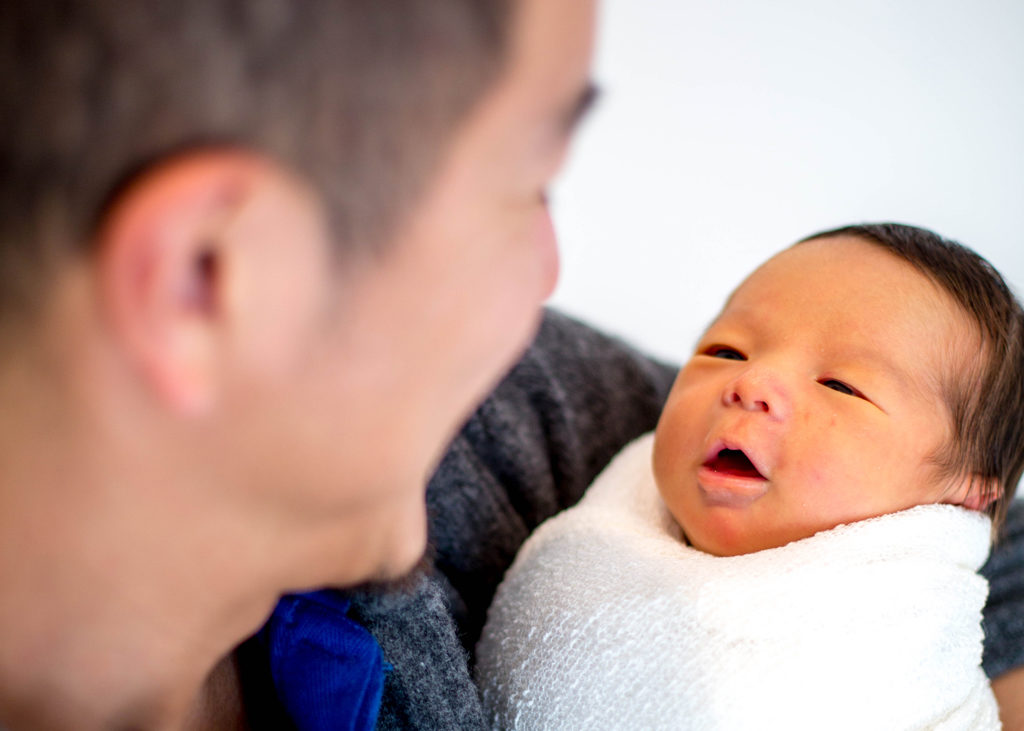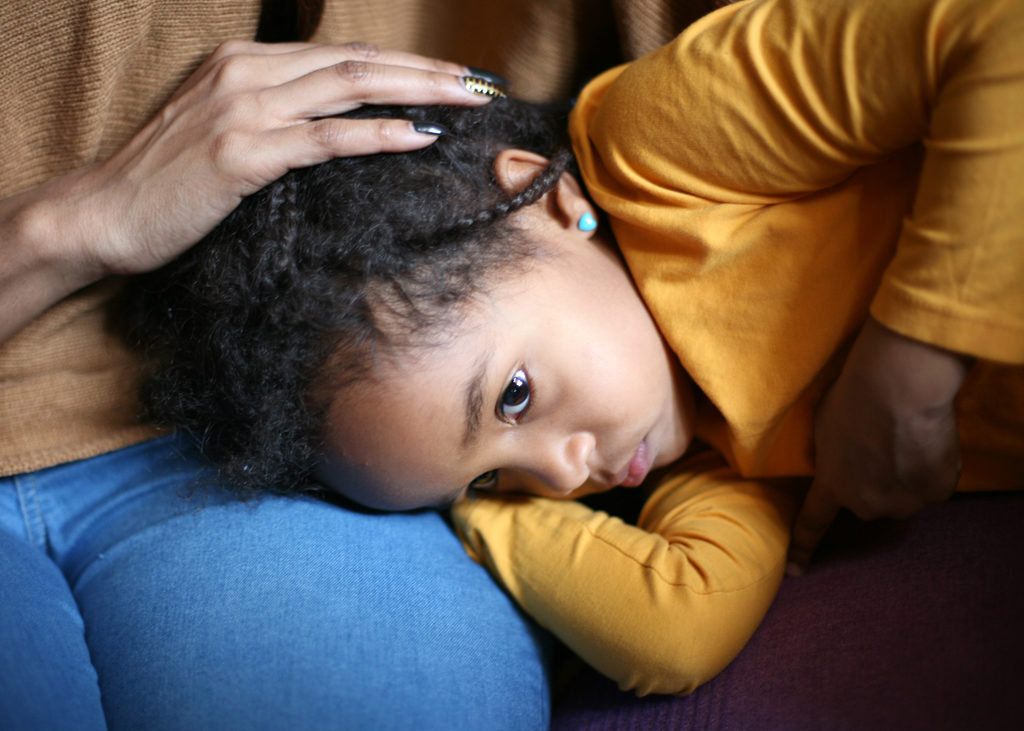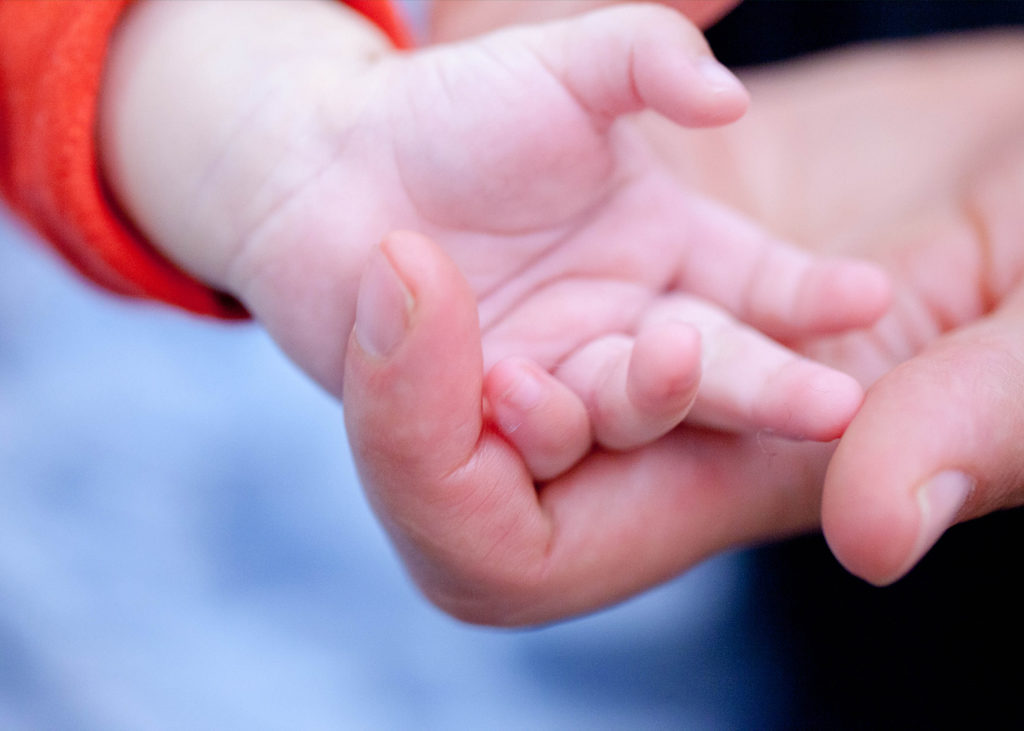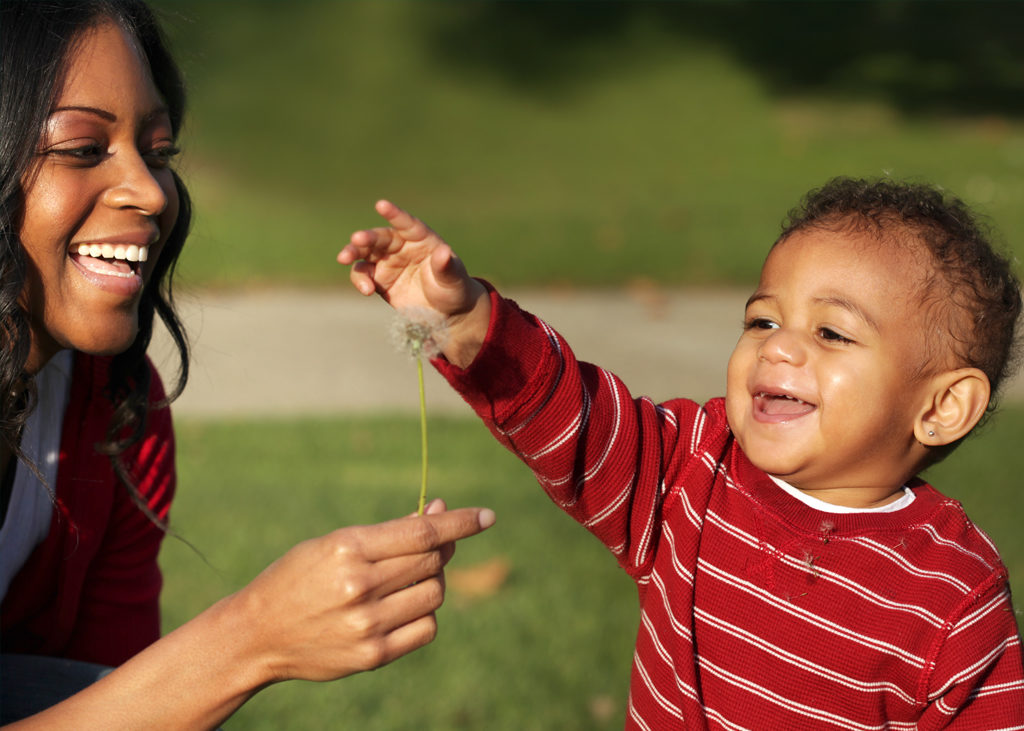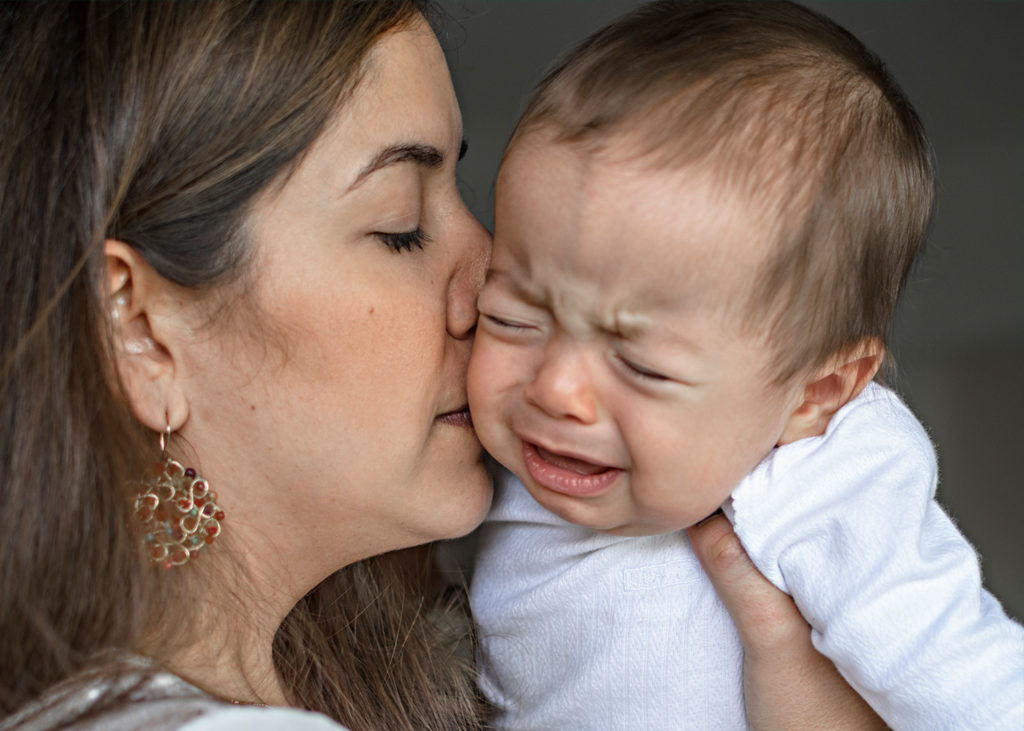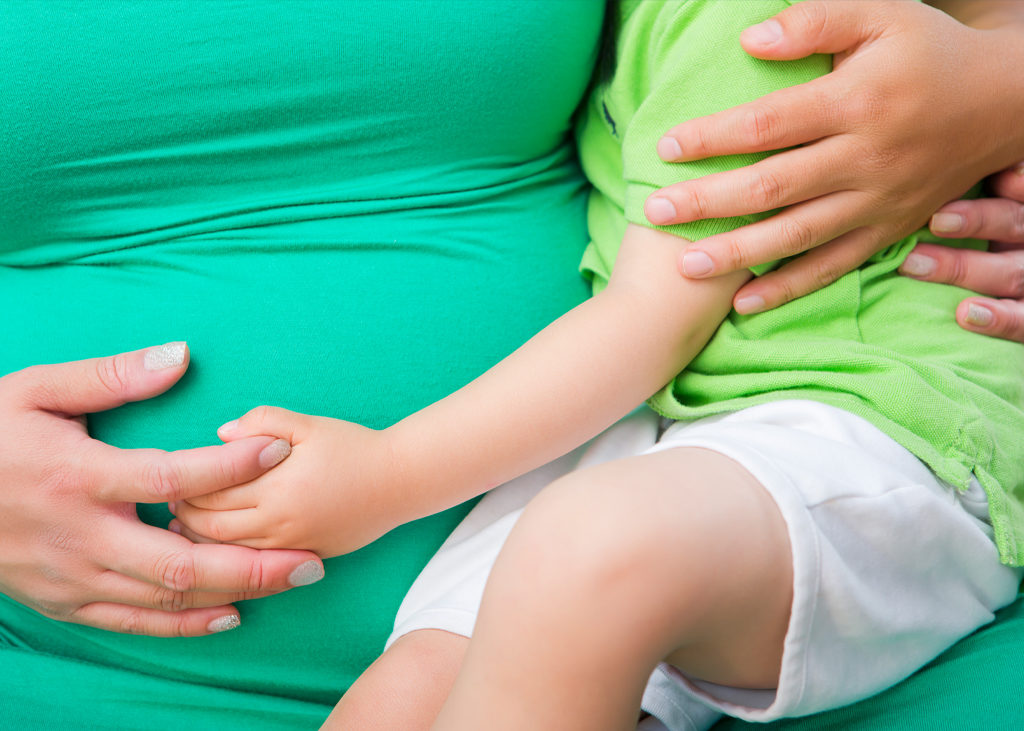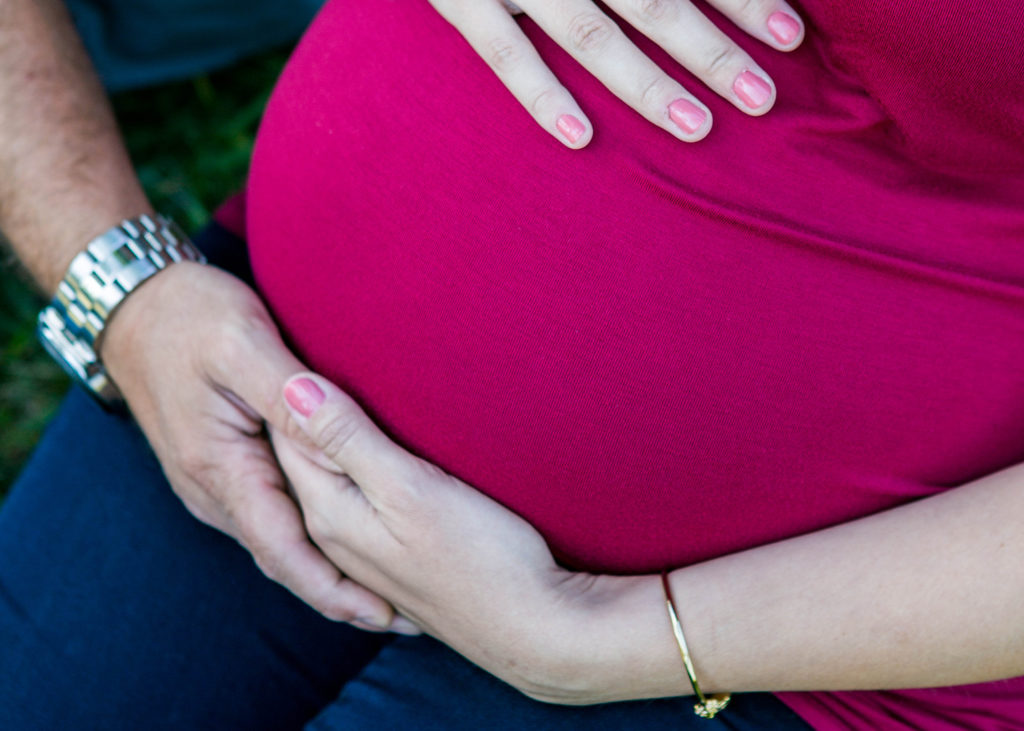Family psychotherapy for infants, toddlers, and preschoolers
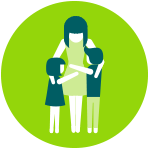
FAMILY PSYCHOTHERAPY FOR INFANTS, TODDLERS, AND PRESCHOOLERS
The early years of a child’s life are critically important for healthy development. They are the foundation that guides the child’s development and overall future health. It is during this period when the child’s brain develops in very important ways and also most rapidly than at any other time in his or her life, creating millions of neural connections that will last a lifetime.
A child’s development is shaped and supported by early experiences, especially the relationships he or she establishes with parents and other trusted adults. Experiencing relationships and environments that are nurturing, stable, and safe are essential to ensure children grow and develop healthy and to their fullest potential. The experiences occurring in the first months and years of life, therefore, profoundly affect the child’s physical, cognitive, and socio-emotional development, setting the stage for lifelong development. They are the building blocks for how the child will behave, think, relate to others, learn, and respond to life situations and challenges.
The home is where children learn about themselves, others, and the world in which they live. Hence, parents and caregivers play a crucial role in influencing their children’s development and health. Parents and caregivers can positively impact every aspect of their children’s development, from diet to mental wellness. In fact, the quality of these relationships help determine how children experience the world. Fostering warm, nurturing parent-child relationships not only protects children from adverse circumstances in childhood, it also helps prevent mental and physical health problems throughout their lives.
A number of situations can disrupt this critical period, including exposure to trauma early in life (e.g., witnessing violence in the home, experiencing abuse and neglect), being cared for by a parent suffering from mental illness such as depression, and lack of an enriching and stimulating environment, which is particularly important for early learning. If this critical period in a child’s life is not supported adequately, the child’s development can be compromised, placing the child at risk for developmental delays and health problems later in life.
Infants and young children communicate distress in a number of ways consistent with their development. For example, when they are exposed to traumatic events or experience life transitions, they tend to show changes in behavior, including returning to behaviors typical of a younger age. Mood changes are common, including temper tantrums and aggressive behavior. They may become clingy, fussy, fearful, and withdrawn. Those who are already toilet trained may start having accidents. Their biological rhythms may be disrupted, manifesting in decreased appetite and sleep problems. These children also tend to be more prone to illness, adding to the challenge of caring for them. In conclusion, parents are vital to their children’s mental health and wellbeing, and the way parents support young children during this time will determine how the children cope with and overcome these symptoms.
"Parents and caregivers can positively impact every aspect of their children’s development, from diet to mental wellness." — Dr. Diaz
phone • 510-358-1967 | email • mdiaz@drmanueladiaz.com
address • 2927-A Shattuck Ave., Berkeley, CA 94705
If you are experiencing an emergency, call 911 or the Suicide & Crisis Hotline • 800-784-2433

©2017 Dr. Manuela A. Diaz, Licensed Clinical Psychologist
